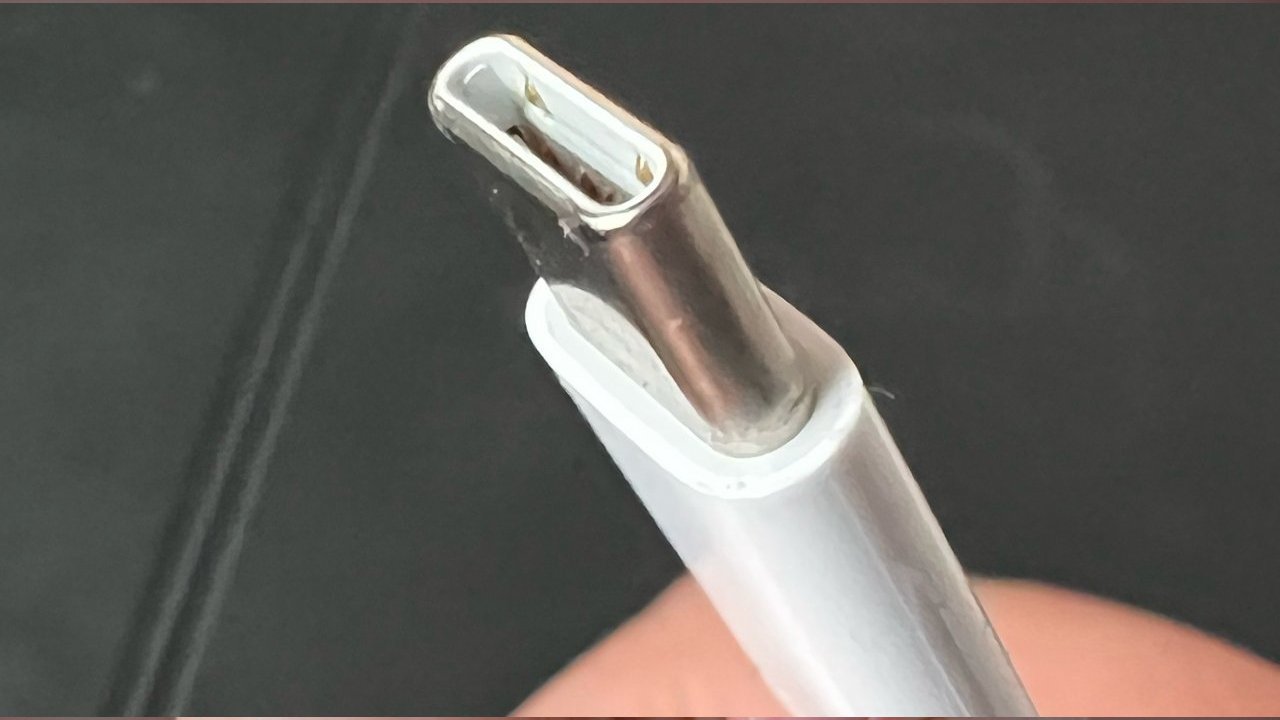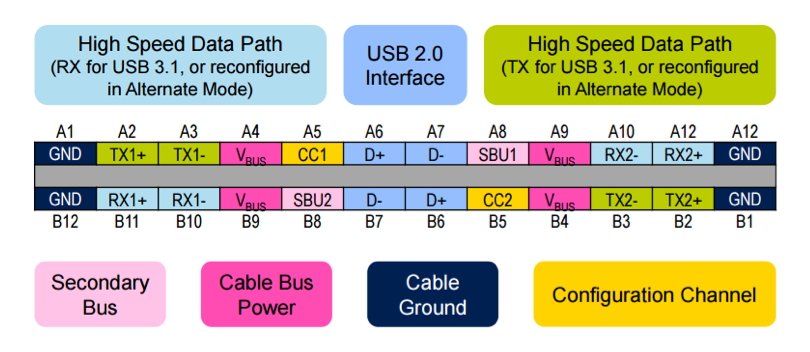No, you're not going to damage your iPhone 15 with an Android USB-C cable
Over the weekend, a few third-party Apple vendors in China made the incredibly stupid claim that using Android USB-C cables would destroy your iPhone 15 -- which quickly went viral. In actuality, the claim is bogus, and there is no danger.

Is this an 'Android' USB-C cable, or an Apple one?
When the iPhone 15 went on sale, a third-party retailer in Foshan, Guangdong Province was advising customers about "Android USB-C" cables in the iPhone 15. The store pointed out that the one cable had nine pins on one side of the bi-directional cable, versus 11-pins on an another cable. The stores suggested that the different number of pins per side would lead to damage to the iPhone.
This claim is, of course, total nonsense.
The very poor advice by a dealer that wasn't Apple was very quickly picked up by social media and wrongly attributed to Apple itself, in typical social media fashion. And then, it got published by otherwise reputable Gizchina, with little critical thinking applied for reasons known only to the writer and the publication.
The truth of the matter is clear. Both cables exist, and both are in spec. There is no chance of damaging your iPhone with an "Android" USB-C cable, any more than there is to damage an Android phone with an Apple cable.
There are "nine-pin" USB-C cables, but this is in spec
A USB-C cable is not a dumb length of copper that you plug in. It is not the same as the cable from your light to your wall socket, and it's not even close.
In total, there are 24 possible pins on USB-C cables, with 12 on a side of the internal tongue inside the port, and ringing the inside of the cable-end to make it bi-directional. The cables are used not just for data and power transfer, but also as part of the handshake process to regulate data, charging, and alternate modes between a host and a client, or a host and a power source. Not every pin needs to be wired or even present at all on any given USB-C cable.
We're not going to get too deeply into the partially Apple-designed USB-C spec, but it's easy to do if you want. Some USB-C basics are still required to understand why this claim by the third-party vendor is garbage.

USB-C pinouts, image credit Tech Design Forums
Looking at the above diagram, as an example of a cable not needing every pin, a just-USB 2.0 cable doesn't have the pins marked in the light blue and green connected to anything, and there is likely not even contact paths on the connector for them.
Initial USB-C negotiation is also going to prevent damage to a device in the handshake process. During this handshake, the cable communicates back-and-forth what power should be distributed, and what combination of volts and amps should be applied from the charging device to the device that needs power.
During this handshake if the process doesn't provide reliable information on what power to provide, then power won't be transferred.
There are issues with USB-C, with the most prominent one being that it's hard to tell at a glance what any given cable can do. But that's not really relevant here, and the spec is specifically designed to prevent a scenario like the third-party vendor generated to stoke fear -- and probably sales.
So, in short, use that "Android" cable without fear. It's not going to hurt your iPhone.
And, frankly, Gizchina should have known better.
Read on AppleInsider


Comments
1. Anker cables are great. Anker was founded by very good engineers who left Google and built a much better and far more profitable hardware business than Google ever will.
2. Samsung, Lenovo, Cable Matters and Belkin cables are very good.
3. Amazon Basics cables are fine. I have been using them for years, including the 30 pin and lightning cables that I have bought for many an iPad and iPhone.
Guys, seriously. I know everyone wants to avoid the cables used by the $75 prepaid phone crowd. But seriously, a Samsung Galaxy Z Fold - I don't name these things - costs $1800 and that is actually down from $2000. And a Samsung Galaxy Tab Ultra costs $1500. Android devices have been using USB-C for going on 10 years. Not only that, notebook PCs have been shipping with USB-C chargers. Steam Deck, a gaming console, and its copycats? The same. Even in the Apple ecosystem, MacBooks and iPad Pros have used them for years. The whole "USB-C chargers are used for Android phones and have no quality control!" nonsense was precisely that, pushed by Apple fans who take it upon themselves to defend every. single. corporate. position. that. Apple. takes. Provide tons of free Apple PR even though they aren't being paid by Apple marketing and aren't even running blogs or YouTube sites where their advocacy can be monetized with clicks. It is amazing.
Third party Apple proprietary cables have always existed and people have always bought them. And there have been PLENTY Of reputable manufacturers of USB-C cables for ages, which iPad customers have been buying. Claims that the iPhone is somehow different and special - or their customers are somehow less able to find good cables than everybody else - are just that.
No reliable handshake = no power transfer. That said, I'm still not going to buy a cable from an Amazon brand with too many adjacent consonants, nor from a gas station.
USBC with USB2 protocol, which is likely the cable in iP15, iP15P and iP15PM boxes, only need about 4 or 5 wires. It will be a thin and pliable wire.
USBC with USB3 protocol, which you have to buy separately, will have about 9 wires. It will be obviously be thicker and likely stiffer.
USBC with TB3/4 protocol, which you have to buy separately, will have about 12 wires. You know when you buy it because it is going to be expensive and should have the thunderbolt icon. Thickest wire. It basically supports all USB protocols.
As far as how much power the cable is rated for, well, I think you have to read the fine print. These cables are being made as cheaply as possible, and some cables that work fine at 10 W (5V, 2A) may not be ok at 20 W (5V, 4A or whatever it may be). There protocols should limit the amount of power going through the wires in accordance to what they are rated for, but something bad always leaks through or the cable could be frayed, damaged, whatever.